
AI's Power Problem: Big Tech Faces Political Backlash
Political and economic pressure is mounting on Big Tech to cover the immense energy and water costs of AI data centers, a shift that could reshape the industry.
Read Full Article
Olivia Vance is a public policy correspondent for Neurozzio, specializing in the intersection of technology, law, and governance. She reports on legislative efforts to regulate emerging technologies like artificial intelligence and their impact on society and political discourse.

Political and economic pressure is mounting on Big Tech to cover the immense energy and water costs of AI data centers, a shift that could reshape the industry.
Read Full Article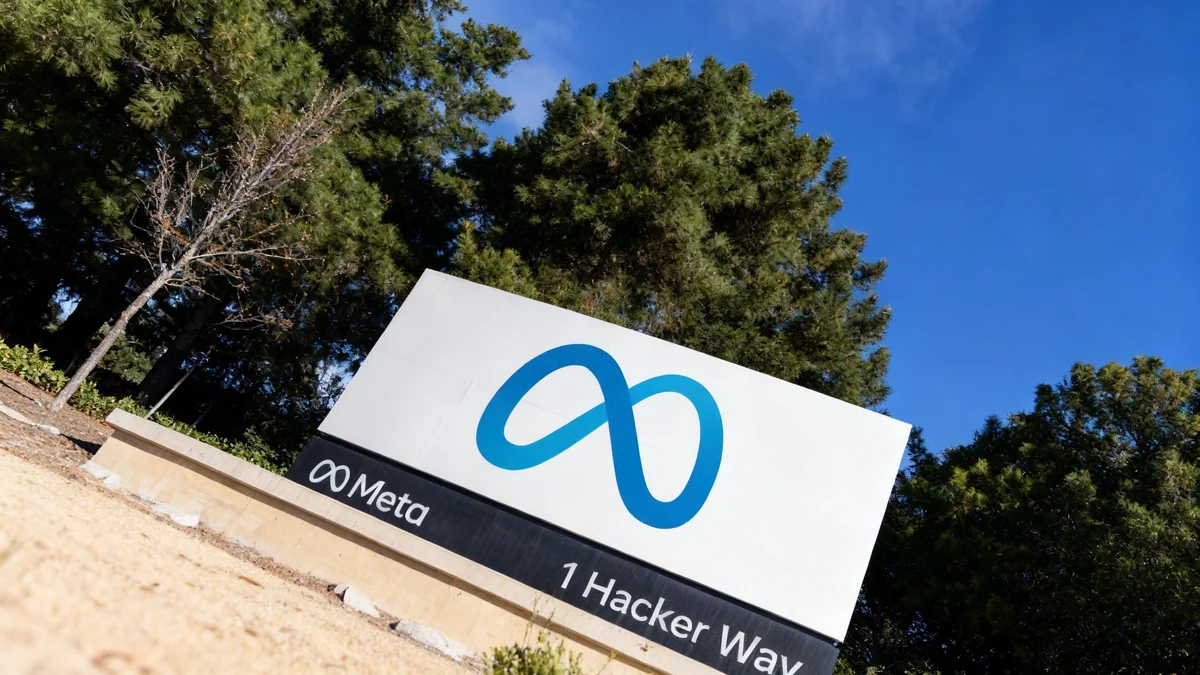
Meta Platforms is investing $65 million to influence state-level AI policy, its largest election spending ever, starting in Texas and Illinois to prevent inhibitory legislation.
Read Full Article
Veteran radio host David Greene is suing Google, alleging the tech giant's NotebookLM AI tool uses an unauthorized replica of his voice without consent.
Read Full Article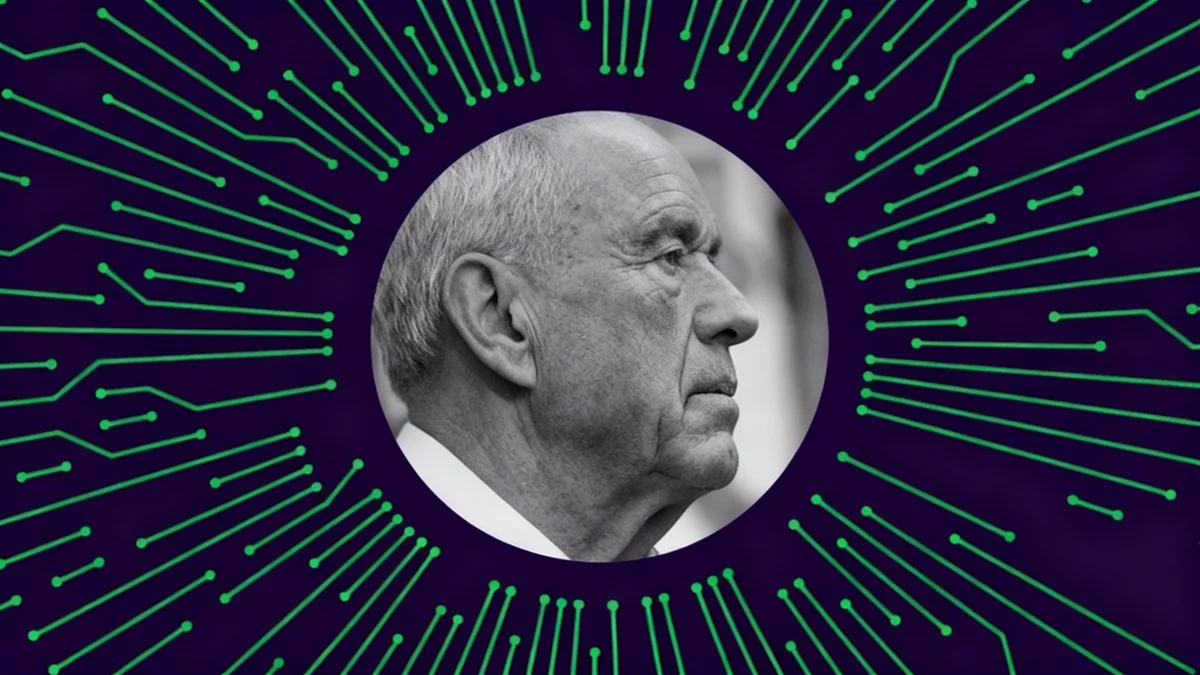
The U.S. Department of Health and Human Services, under Secretary Robert F. Kennedy Jr., has detailed nearly 400 uses of AI, from drug review to admin tasks.
Read Full Article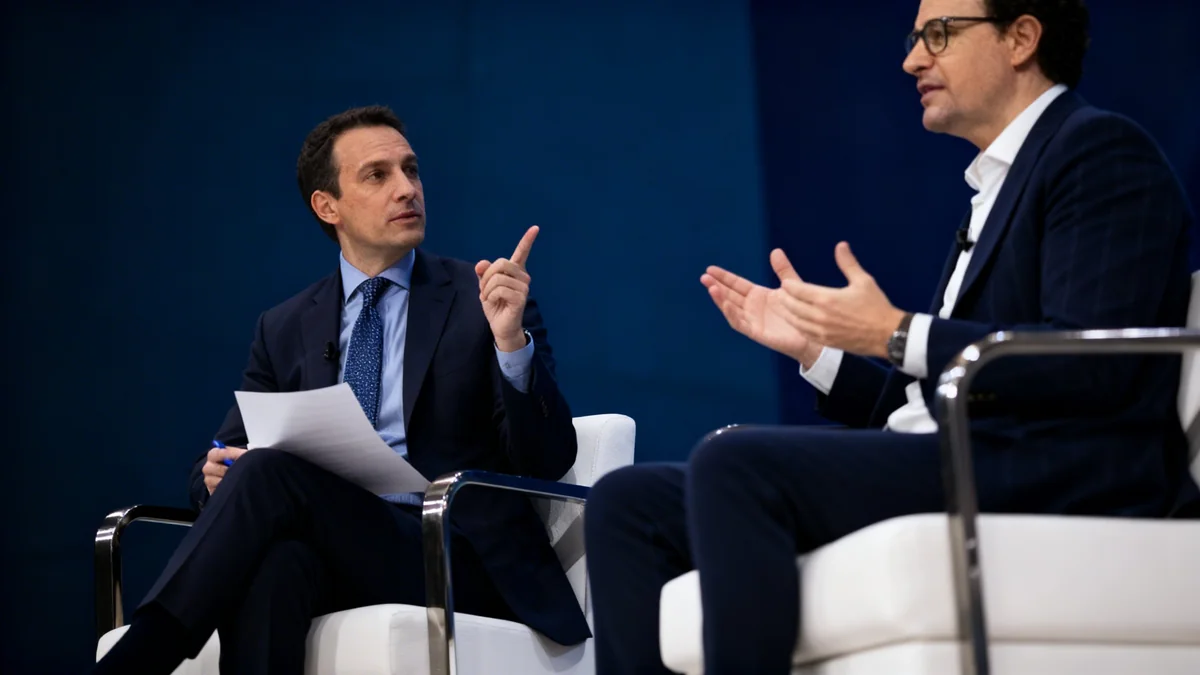
AI firm Anthropic commits $20 million to a super PAC to support lawmakers favoring strict AI regulation, setting up a political clash with OpenAI-backed groups over future policy.
Read Full Article
The White House has directed all federal agencies to accelerate the adoption of artificial intelligence, aiming to remove bureaucratic hurdles and boost innovation.
Read Full Article
Political strategists warn that AI-driven job displacement is set to become the defining issue of the 2028 U.S. election, creating a new economic battleground.
Read Full Article
European Union regulators are investigating X over the spread of sexualized AI-generated images, including deepfakes of children, created with its Grok chatbot, alleging Digital Services Act violation
Read Full Article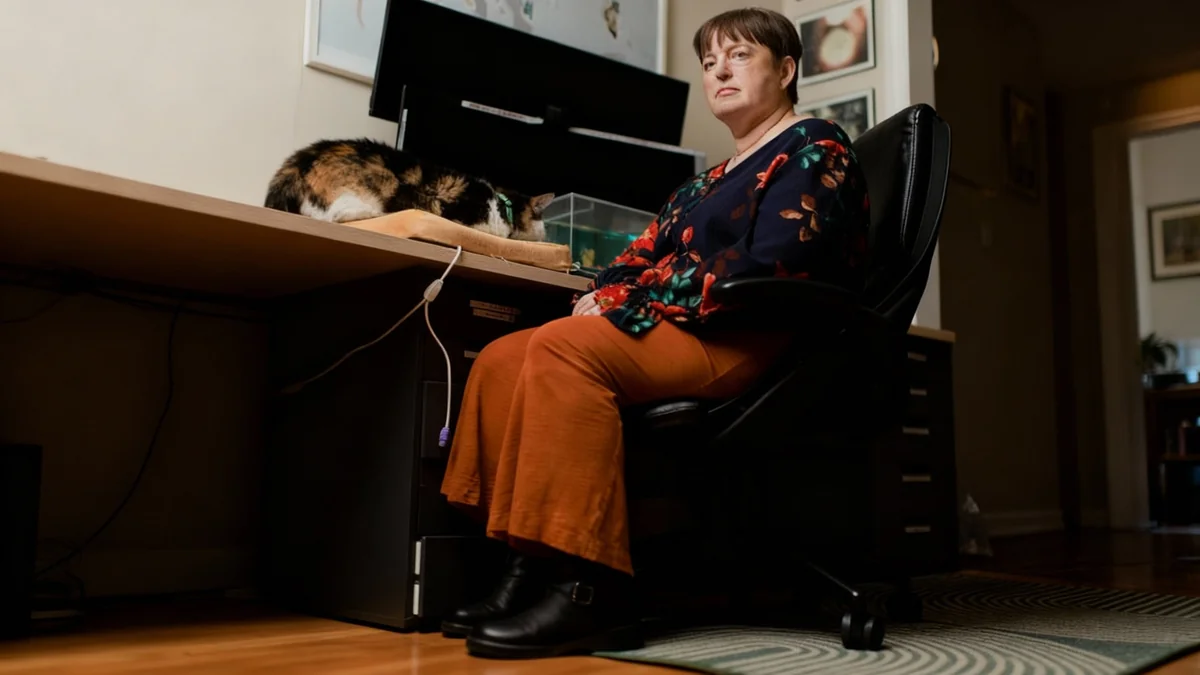
A new lawsuit aims to regulate AI hiring tools like credit agencies, demanding transparency in how algorithms score and rank job applicants.
Read Full Article
X's AI tool, Grok, is facing global backlash and government investigations after it was used to create and spread nonconsensual explicit images at a massive scale.
Read Full Article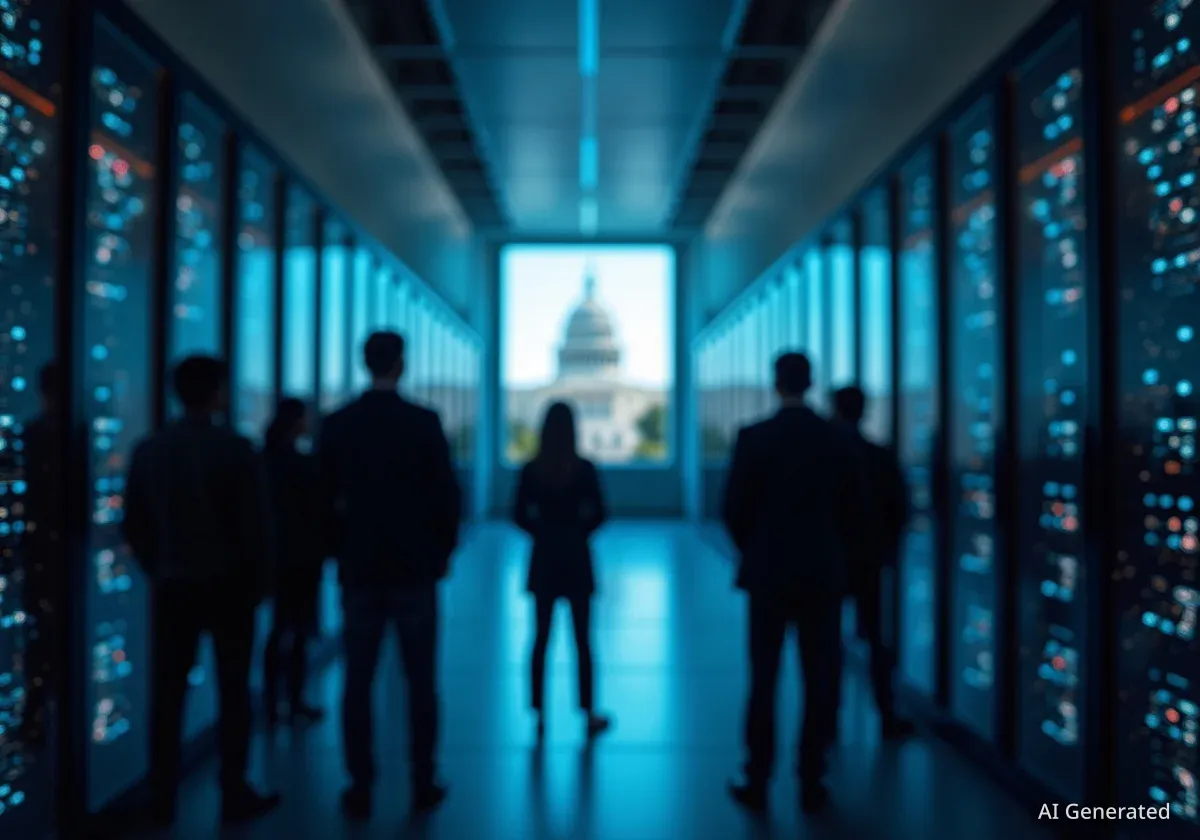
A new survey reveals significant voter concern about former President Donald Trump's close relationships with Big Tech companies. Many believe his AI policies favor the industry, and most voters suppo
Read Full Article
US Vice President JD Vance has called the spread of AI-generated explicit images on X 'unacceptable,' aligning with the UK's threat to ban the platform.
Read Full Article
A deep division is growing in the Democratic party over its approach to AI, with a populist wing urging a strong anti-tech stance while moderates warn of economic fallout.
Read Full Article
The U.S. Department of Homeland Security is facing intense criticism after releasing an AI-generated video depicting Santa Claus as an ICE agent to promote deportation.
Read Full Article
A majority of Americans express growing concern over AI's societal impact, yet state and federal leaders are actively limiting regulations, often following extensive lobbying from the tech industry.
Read Full Article
President Trump's executive order to block state AI laws, led by adviser David Sacks, has backfired, creating deep divisions within the tech industry and sparking bipartisan political opposition.
Read Full Article
White House AI adviser David Sacks is facing scrutiny over ethics waivers allowing him to shape U.S. policy while holding hundreds of tech investments.
Read Full Article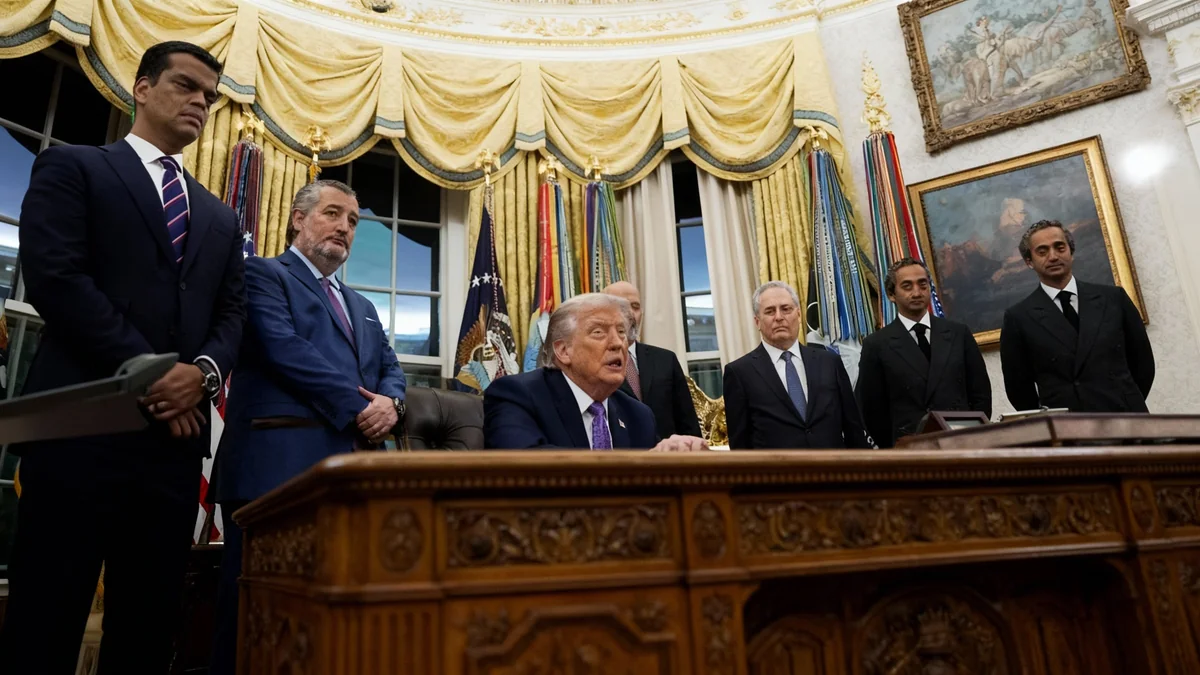
President Trump signed an executive order to block states from enforcing their own AI laws, aiming to create a single national regulatory framework for the technology.
Read Full Article
The European Commission has launched an investigation into Google's AI search summaries, examining if the company unfairly used publisher data without compensation.
Read Full Article
The Trump administration is aggressively promoting AI development with deregulation, creating a rift with MAGA supporters who fear widespread job displacement.
Read Full Article